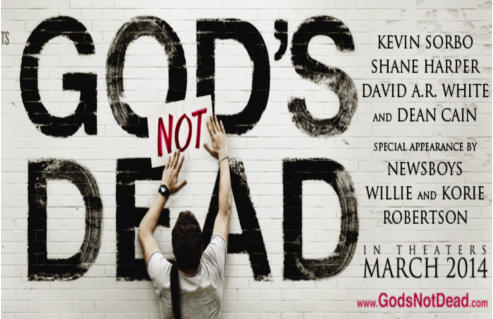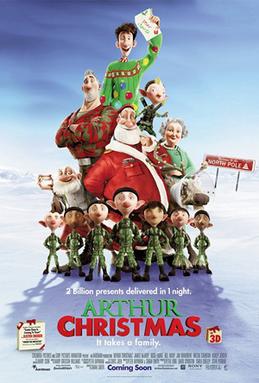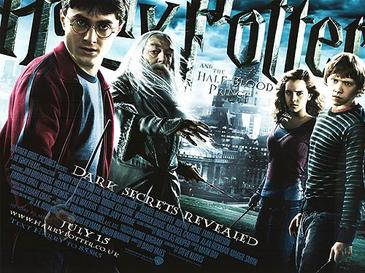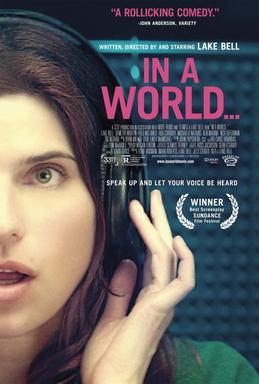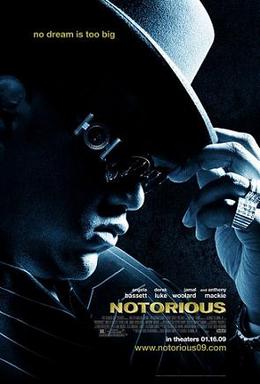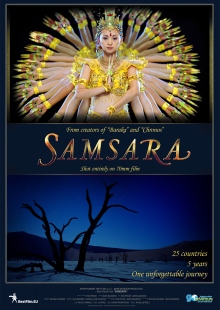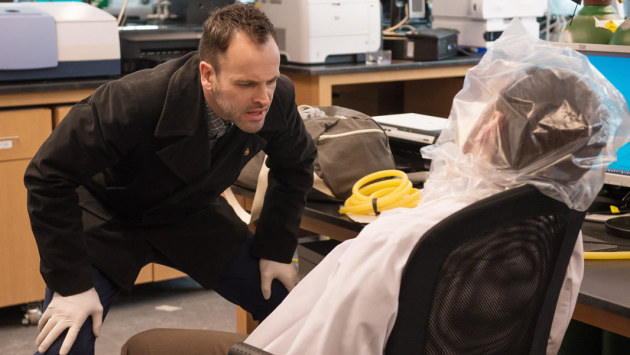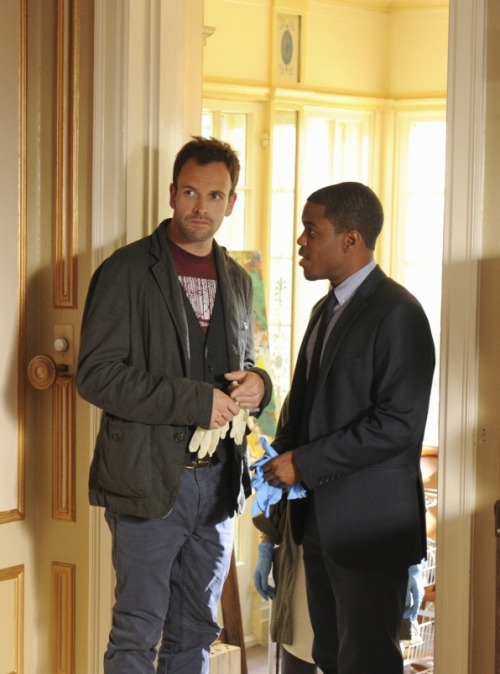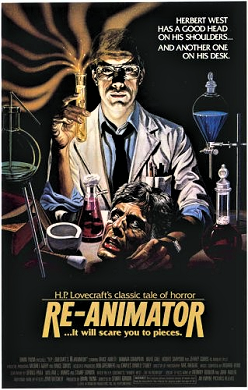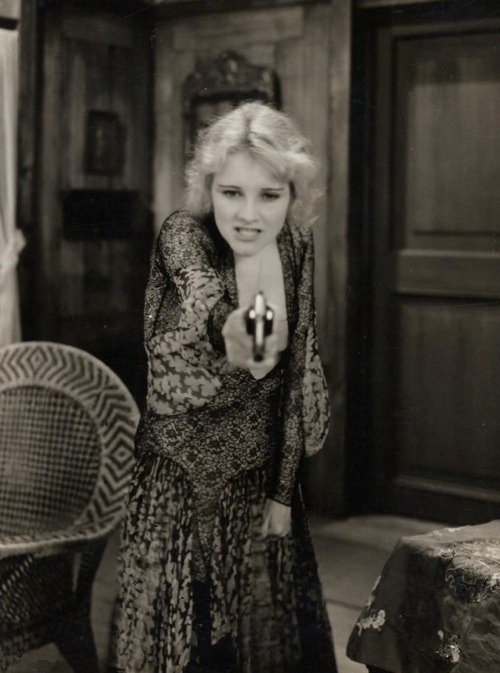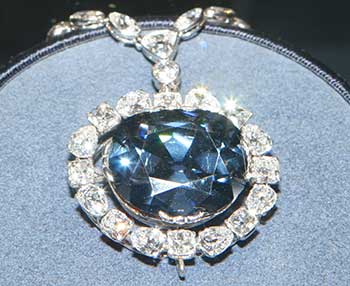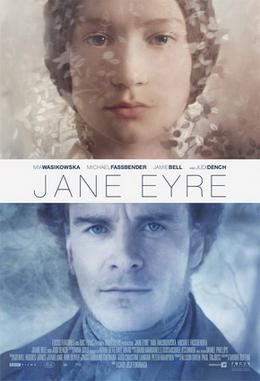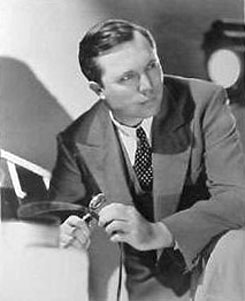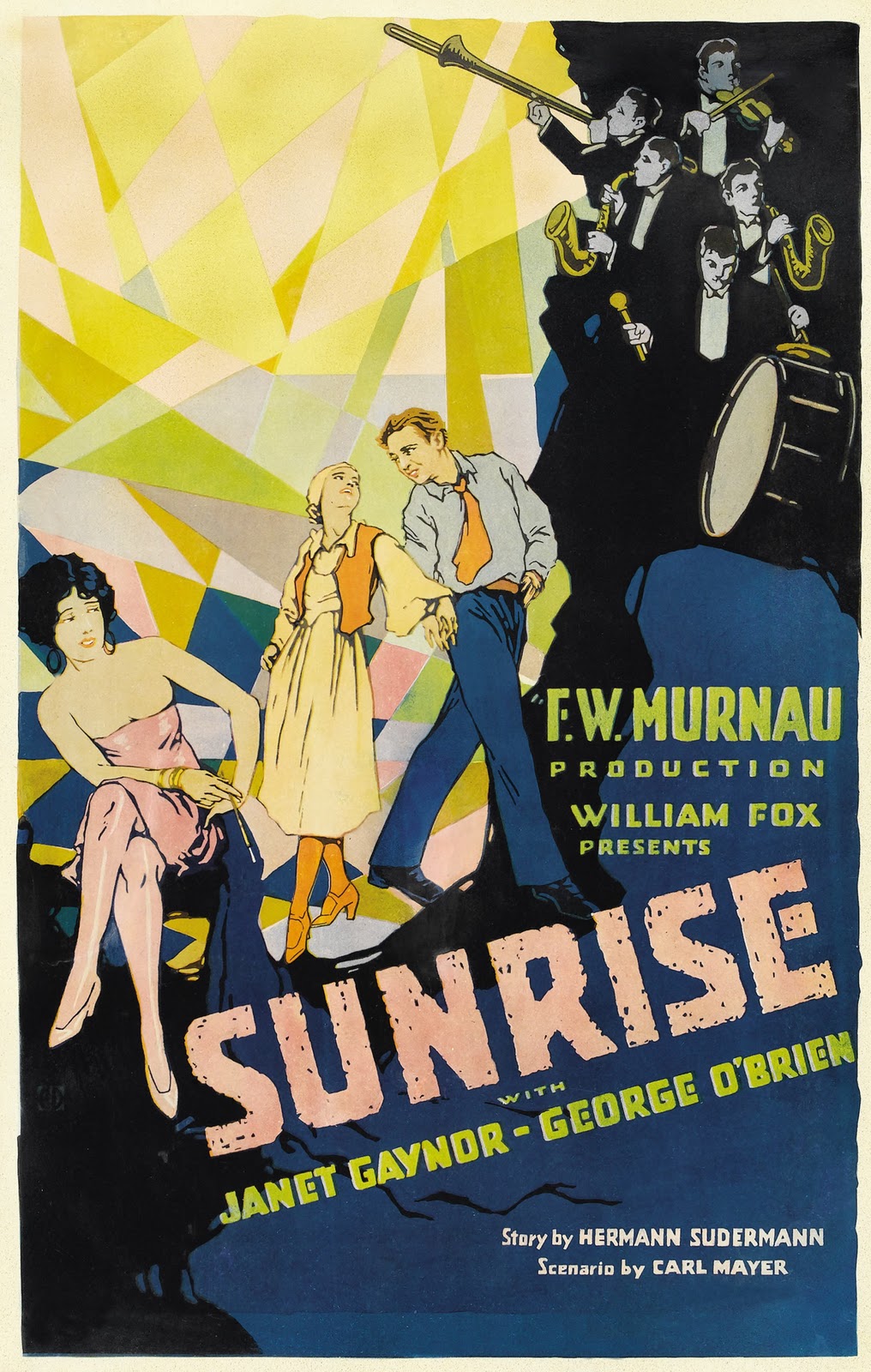GOD'S NOT DEAD
It is certainly surprising that people are surprised whenever a 'Christian' film does well at the box office. God's Not Dead is the new feature film where faith (Christianity in particular) is not belittled or mocked but made out to be something good. In terms of 'Christian' films, God's Not Dead is miles above those films where the message was heavy-handed and cluttered with bad acting and a far too-tidy ending. In terms of film itself, God's Not Dead certainly evokes the reactions the film wants its audience to have and in that I cannot fault it. It is not perfect: sometimes it plays like a commercial for The Newsboys and their single, some of its subplots are weak, and we have a guest appearance that adds nothing to the story. However, God's Not Dead as a movie in an of itself is entertaining, well-acted, with moments of humor that balance the core story it wants to tell.
Josh Wheaton (Shane Harper) is a college freshman who seems to have it all. He has a girlfriend of six years and a promising career with his major in pre-law. He needs one philosophy course to fulfill a requirement, and that class is with Professor Radisson (Kevin Sorbo). Radisson is a passionate atheist, so much so that he requires all his students to write "God Is Dead" on a piece of paper or defend the indefensible: the existence of a God, let alone the Christian God. Josh, who is a Christian, cannot write "God Is Dead", thus not only inspiring Radisson's wrath but making this generally quiet individual take a stand for this faith. His girlfriend is dead set against this, and she dumps him over this. Josh, however, dives deeper into defending the existence of God.
We have some other subplots that tie into this somehow. There is Ayisha (Hadeel Situ), a Moslem girl who covers up her face to please her father, but whom we discover is actually a Christian convert. Once her father finds out, he promptly (though not without some remorse) throws her out of the house. There is Martin Yip (Paul Kwo), another of Radisson's students, who is from a well-connected Chinese family and finds Josh's defense of a god (let alone God made Flesh in Christ Jesus) fascinating. There is Amy Ryan (Tricia LaFache), a humanist reporter who holds believers in contempt. Of particular disdain is Willie and Korie Robertson of Duck Dynasty fame, whom she ambushes as they are about to attending Services.
Their lives all interconnect in various ways. Amy's boyfriend, Mark (Dean Cain) dumps her when he finds out she has cancer. Mark's mother is suffering from dementia, and he'd rather not deal with anything connected to human emotion. His sister Mina (Cory Oliver) happens to be Radisson's wife...and a Christian too (much to Radisson's cool displeasure). Both Josh and Mina have as their pastor one Pastor Dave (David A.R. White), who keeps trying to get away for a holiday with his missionary friend but every vehicle he encounters keeps stalling on him.
Divine intervention, perhaps?
In any case, Josh is able to successfully argue his case, we learn where Radisson's hatred towards God comes from, Martin comes to accept Christ, Mina learns that the love of Christ is enough to validate her and leaves Radisson, Amy comes to terms to both her cancer and her own anger at God, culminating in a Newsboys concert where all these stories come together.
Chuck Konzelman and Cary Solomon's screenplay (from a story by them and Hunter Dennis) is not perfect, and there are things in it I wish they had either changed or dropped. First and foremost is the near-shameless plugging for The Newsboys (and I'll grant that this may be an odd criticism of God's Not Dead). It might help to explain that a.) I am well-versed in the realm of Christian music (and am on record saying that Switchfoot has up to recently downplayed their Christianity in order to fit in with the 'secular' world--a case of crossing over without bring The Cross over) and b.) I have not been a Newsboys fan for a long, long time. The constant emphasizing of this band in the film was veering dangerously close to turning God's Not Dead into a Newsboys infomercial. Our first sighting of Josh has him with a Newsboys shirt. There is a Newsboys poster prominently featured in Josh's room (the camera placing it where no one could miss it). To celebrate their sixth anniversary, guess where Josh is taking his girlfriend (which is where they met six years prior or was their first date)? Guess whom Amy ambushes in a second interview? Finally, guess where everyone heads to at the end?
Pity they couldn't have all been going to an Andy Hunter rave, but I digress...
There is something dare I say, crass, about building so much around the Newsboys, but that doesn't compare to having Mr. and Mrs. Robertson pop in for little reason. Again, I grant I have never seen an episode of Duck Dynasty (and have no interest in doing so, though my brother Gabe loves the show...his favorite is Uncle Si, and given that Gabe has been accurately described as a 'brown cracker', but again I digress). Since I'm not a fan, their cameos almost went over my head. Besides, while it sets up Amy Ryan (a poor choice for a name given she shares it with an Oscar-nominated actress...and Josh Wheaton sounds eerily familiar too) and her hostility towards Christians (and apparently, meat-eaters), I think there could have been another way to show she has no faith in faith.
I also think that having Radisson's atheism come from a deep personal hurt as a child rather than it being an intellectual conclusion is both clichéd and a little unfair to those who don't believe because they have reached their conclusions through thought. I'll admit I have given the idea of faith much thought myself and reached a different conclusion than Radisson and his snobbish set but I cannot shake the idea that the writers lost a great opportunity to have Radisson be an intellectual rather than emotional atheist.
Lest we forget, C.S. Lewis was at one point an atheist who shared a similar background to Radisson. His conversion (quite reluctant according to him) was done through rational thought. Would that Radisson come around the same way.
The other subplots either didn't mash very well (the entire Ayisha storyline came and went without much intro or conclusion) or how they all connected to each other. Ayisha had been attending Services at Pastor Dave's church for some time, but the idea that she might be unmasked (so to speak) never really entered their minds? Why would Radisson marry a believer and vice-versa? I could understand if Mina became a believer or rediscovered her faith after her marriage, but something about all that didn't work for me. The ending is also a bit of a problem. I'd like for Radisson to come to a different conclusion than the one he came to.
Yes, in some ways God's Not Dead doesn't push us as much as it could have. HOWEVER, the film does have some positives.
The center of the film is Harper, and if by 'performance' one means believing that the character is real, then Harper did an admirable job as Josh. I think the screenplay (again, the screenplay) could have done more to push our reluctant, quiet believer to be more open and outspoken about his faith, but Harper is wonderful as a young man who is a most reluctant warrior for Christ. I have no knowledge of Harper's religious background, but he convinced me he believed. Harper made Josh into someone whom you liked, someone whom you wanted to succeed. I figure this was the case with the audience I saw it with, who cheered and applauded whenever Josh gained confidence enough to throw a witty comeback at Radisson or come up with a rational defense of his theological thesis.
 |
| It's not a 'Christian movie' without him in it... |
I may mock David A.R. White due to his ubiquitous appearance in so many "Christian" films that have been the main attraction at so many youth groups such as End of the Harvest or Second Glance (and for the record, I was never a part of any Youth Group), but the guy is a professional actor, always giving his very best performance in every film he makes. He did a strong job as the somewhat weary, somewhat jaded pastor (a side note: given the church I'm figuring Pastor Dave is more mainline denomination like Lutheran or Episcopalian rather than non-denomination or evangelical) who would rather go to Disneyworld but keeps getting stuck at home.
The scenes of him struggling to find a car that runs, down to having the rental car(s) fail him, provide moments of humor which do work (perhaps because they appear so obvious).
This is the thing with God's Not Dead. Atheists or those who have a dislike to downright hate towards God, Jesus, Christians, faith in general, or those who hold any of the above as true will be highly hostile to the film. Conversely, those who agree with the film's worldview will love it. When Josh asks Radisson, "How do you hate someone if they don't exist?", the audience burst into applause and cheering. One thing in the film's favor is that it knows its audience.
No, God's Not Dead is not perfect. However, it is well-acted, flows well, has moments of lightness and drama (Mark's mother has a monologue through the fog of her dementia that is impactful) and in its sincerity the film reaches for the heart and at times, even I, the most stubborn and suspicious of reviewers with some Christianity rattling inside them, got caught up in it all. I did not hate God's Not Dead, and while I see its flaws I can also extend a little grace.
However, I still wouldn't go to a Newsboys concert. Thousand Foot Krutch, on the other hand....
 |
| I'm Not Ashamed to Speak the Name of Jesus Christ... |
DECISION: B-
